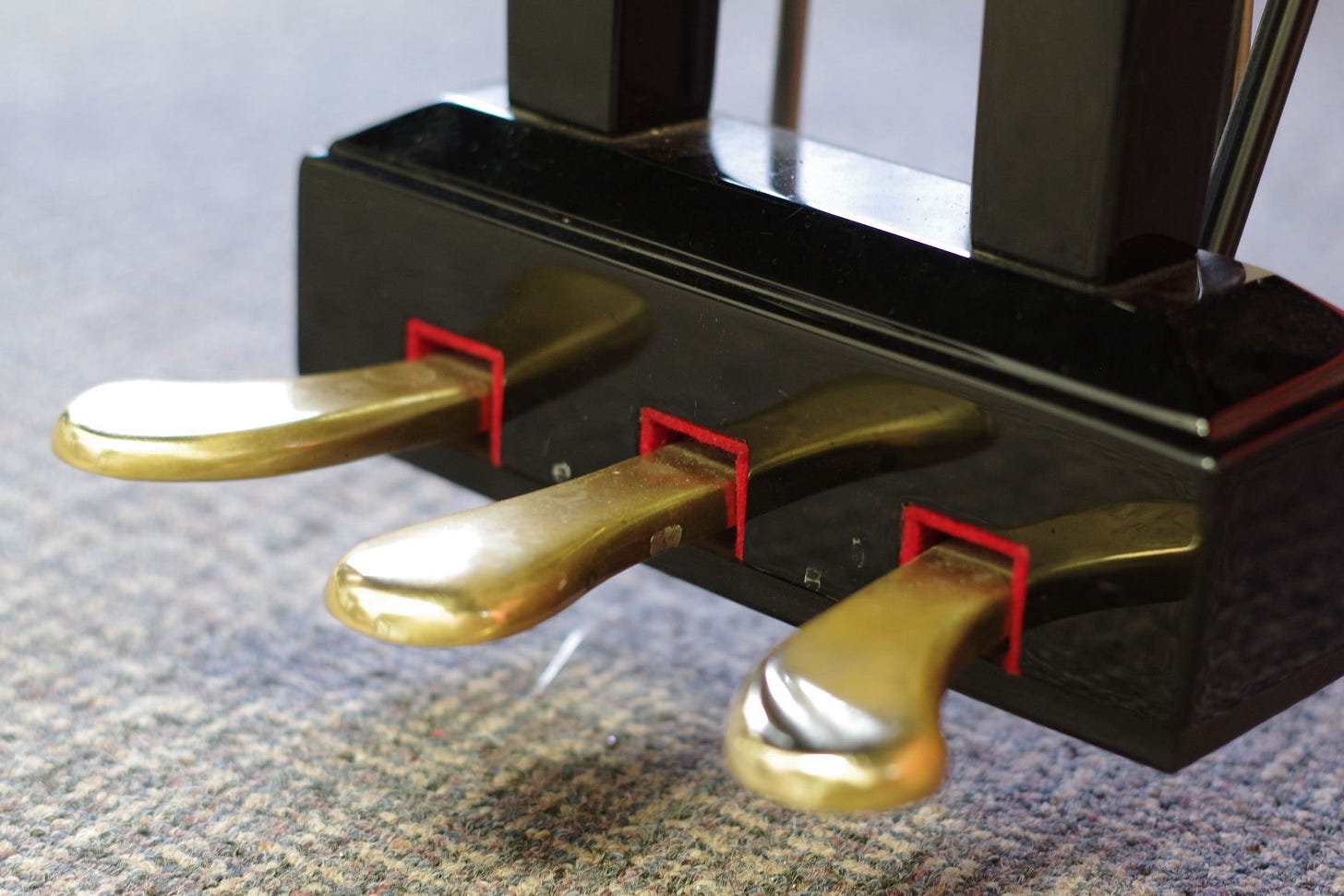If the student is seeking achievements that are not in direct control of the student’s ability to rightly achieve, then the question becomes, Why? What is the motive?
What’s the question? What do I mean? Here’s an example:
A student deciding to learn, I don’t know, Beethoven’s Apassionata, is something a student can do. They can acquire the sheet music and declare, I’m going to learn this.
Then, they can practice, get instruction, read books to help them find unique interpretations, and so on. Learning the Beethoven is inside the person’s locus of control.
A student deciding to win a competition with the piece is very, very different:
Competing with it is within the student’s control; winning with it is not.
Winning competitions or awards are quite often not within the student’s locus of control because there are far too many other variables that can affect the outcome. Even if your student performs flawlessly, you can’t influence how a judge may react to something seemingly innocuous. You can’t account for another competitor blowing it out of the water. You can’t account for much except for the student’s own preparation. You can’t even assume that the performance will go off flawlessly—what if the student got food poisioning, or caught covid-19 virus, or missed their flight and was delayed due to weather? These things really happen, and you can’t control these either.
You as a teacher conveying to your student their locus of control is critical to helping them reduce anxiety, to trusting their own work and talent, and in believing in themselves particularly when the scholarly pursuit of musicianship becomes difficult.
If the student persistently focuses on things they cannot control, then the question becomes why.
Are they seeking validation?
Cash?
Is it simply friendly competition and they’re pushing their own boundaries?
Or just ‘cause they wanna?
The answer can help clarify some mental blocks or practice issues. Sometimes we humans put undue pressure on ourselves, and it is helpful to get reminders from people who care—like our music instructors, for instance—that we can’t control everything and that we can only do our best with the knowledge and experience we have in the moment.
It is also a helpful reminder that you, dear Instructor, cannot control everything either. Remember your own locus of control—do your very best, and the rest must take care of itself.
You’re doing great!



